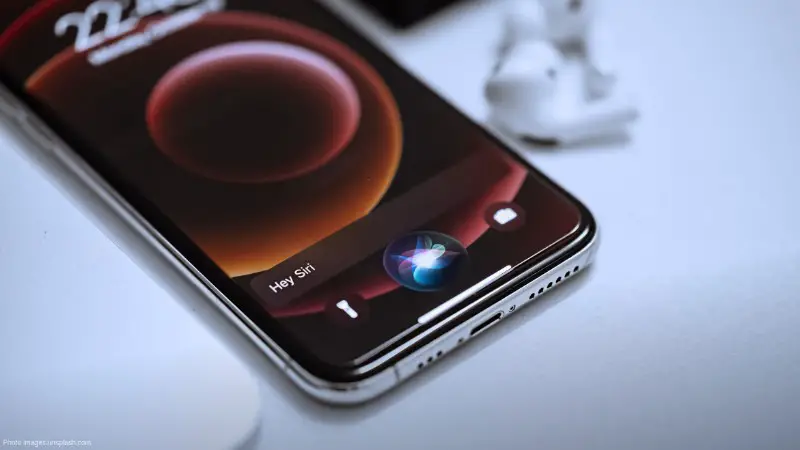Apple has agreed to a $95 million settlement in a class-action lawsuit claiming its Siri voice assistant recorded and shared private conversations without user consent. The lawsuit alleges Siri-enabled devices, including iPhones and iPads, inadvertently captured private discussions from 2014 to 2024. The settlement, pending approval by U.S. District Judge Jeffrey White, addresses growing concerns over privacy breaches by voice-activated technology.
Key Takeaways
Apple has agreed to settle a $95 million class-action lawsuit over Siri’s unauthorized recording and sharing of private conversations without user consent.
- Siri-enabled devices inadvertently captured private discussions from 2014 to 2024, leading to targeted ads based on sensitive conversations.
- The settlement requires Apple to delete voice recordings collected before October 2019 and clarify its data-use policies.
- To protect their data, users can disable ‘Hey Siri’ in device settings and limit app permissions for microphone access.
Privacy concerns and ethical considerations
According to the lawsuit, Siri occasionally activated without users saying “Hey Siri,” leading to unauthorized recordings of sensitive conversations. Users reported receiving targeted ads related to discussions they believed were private, such as mentions of restaurants, sneakers, or even medical treatments.
This sparked debates over informed consent and the ethical considerations of data collection by technology companies. Critics argue that companies must be transparent about how they gather and use customer data to avoid violating privacy laws, including federal wiretapping regulations.
Settlement terms and compensation
The $95 million settlement will establish a fund for affected users, allowing eligible individuals to claim up to $20 per Siri-enabled device, with a maximum of five devices per person. Additionally, Apple has agreed to delete all voice recordings collected before October 2019 and clarify its data-use policies. While the payout is significant, it represents just a fraction of Apple’s vast profits, reportedly equivalent to what the company earns in nine hours.
Balancing privacy and technology
Apple introduced Siri in 2011, with the “Hey Siri” feature enhancing accessibility across devices. However, the technology’s unintended activations have raised concerns about the risks of voice-activated systems. This lawsuit highlights the need for stronger safeguards to prevent privacy breaches and ensure informed consent.
To protect their data, users can disable “Hey Siri” in device settings and limit app permissions for microphone access. As reliance on smart devices grows, this case serves as a reminder of the ethical responsibility tech companies have in balancing innovation with user privacy and data protection.






